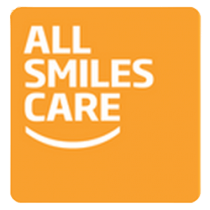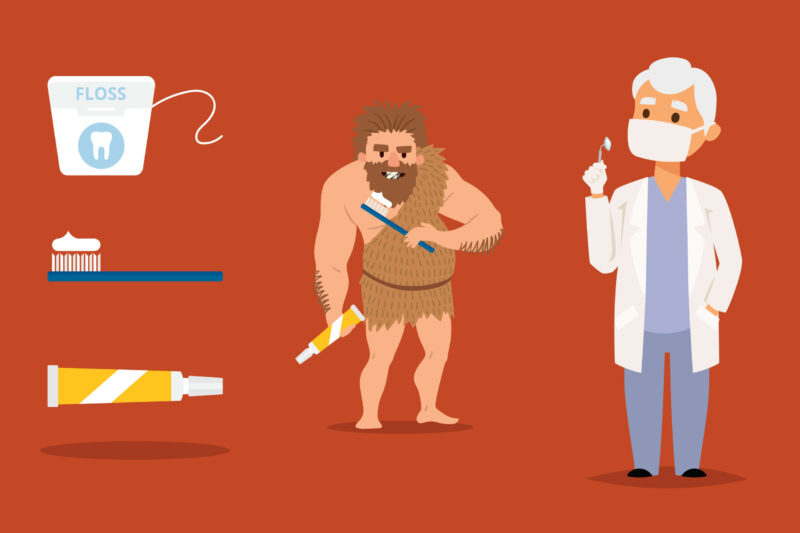Dental Care for Nursing Mothers
Bringing a baby into the world is an incredible and rewarding thing. Babies represent new beginnings, untapped potential, and, above all else, unconditional love. One of the first decisions you need to make for your new addition is whether or not you will opt to breastfeed them. Let’s be clear – it’s completely up to you whether or not you want to breastfeed your baby or give them formula. Neither way is better than the other, and you have to do what’s right for you are your family.
If you do decide to breastfeed, there are certain things you should know in terms of dental care. Breastfeeding can give you and your baby interesting oral health benefits that can be present for the long term. Read our list of five things all nursing mothers should know below to learn all about what breastfeeding can do for you and your child.
- Breastfeeding Can Reduce the Risk of Baby Bottle Tooth Decay
Baby bottle tooth decay is caused when children’s teeth are frequently exposed to sugary beverages, like milk, juice, soda, and sometimes formula, over a long period of time. The sugars that are present in the drinks can pool around an infant’s teeth and gums, feeding the plaque-causing bacteria that are already present in the mouth. After prolonged exposure to sugary drinks, tooth decay can begin. Breastfeeding can reduce the chances your baby will get this because they will only have access to breast milk. But, even if you breastfeed, baby bottle tooth decay can still occur if you prolong feeding habits. No matter what route you take with your baby’s feeding habits, you have to be cognizant of what you feed your child so they can have a clean, healthy mouth.
- You Don’t Have to Wean Right Away When Your Baby Grows Teeth
It’s recommended that when you breastfeed, you try to go for as long as 12 months before transitioning your child to solely solid foods. That amount of time varies, of course, but it’s a good rule of thumb. But, if you opt for bottle feeding, that number may shrink a number of months depending on how many teeth your baby grows in its first year. Bottle nipples can be fragile and can shred if the baby is rough on them. With breastfeeding, the number of teeth doesn’t really affect things too much, which can prolong that bonding experience.
- Breastfeeding Can Lead to Better Teeth Alignment
Did you know that breastfeeding can affect how your baby’s teeth grow in? Recent studies have shown that babies who are exclusively breastfed for a least 6 months were less likely to develop teeth alignment issues, like overbites and underbites, which can significantly affect their future oral health. But, sorry moms, it doesn’t ward off needing braces.
Another thing to keep in mind as your adjusting to life as a parent is to keep their oral hygiene as diligently as their physical hygiene. Even as early as a few days, be sure to wipe their gums with damp gauze or a warm, damp washcloth. When they start growing teeth, wipe all visible surfaces. Eventually, when they have their full tooth, start lightly brushing with warm water only until about 18 months. But, even then, only use a smear or, at most, a rice-sized amount of toothpaste.
Breastfeeding is a great way for you and your new baby to bond in the beginning and a great way for them to get essential building blocks for their adolescence from you. No matter how you choose to feed your infant, know that you’re doing the right thing for your family and new addition. Let us know any more tips you’ve learned on your breastfeeding adventures down in the comments!



